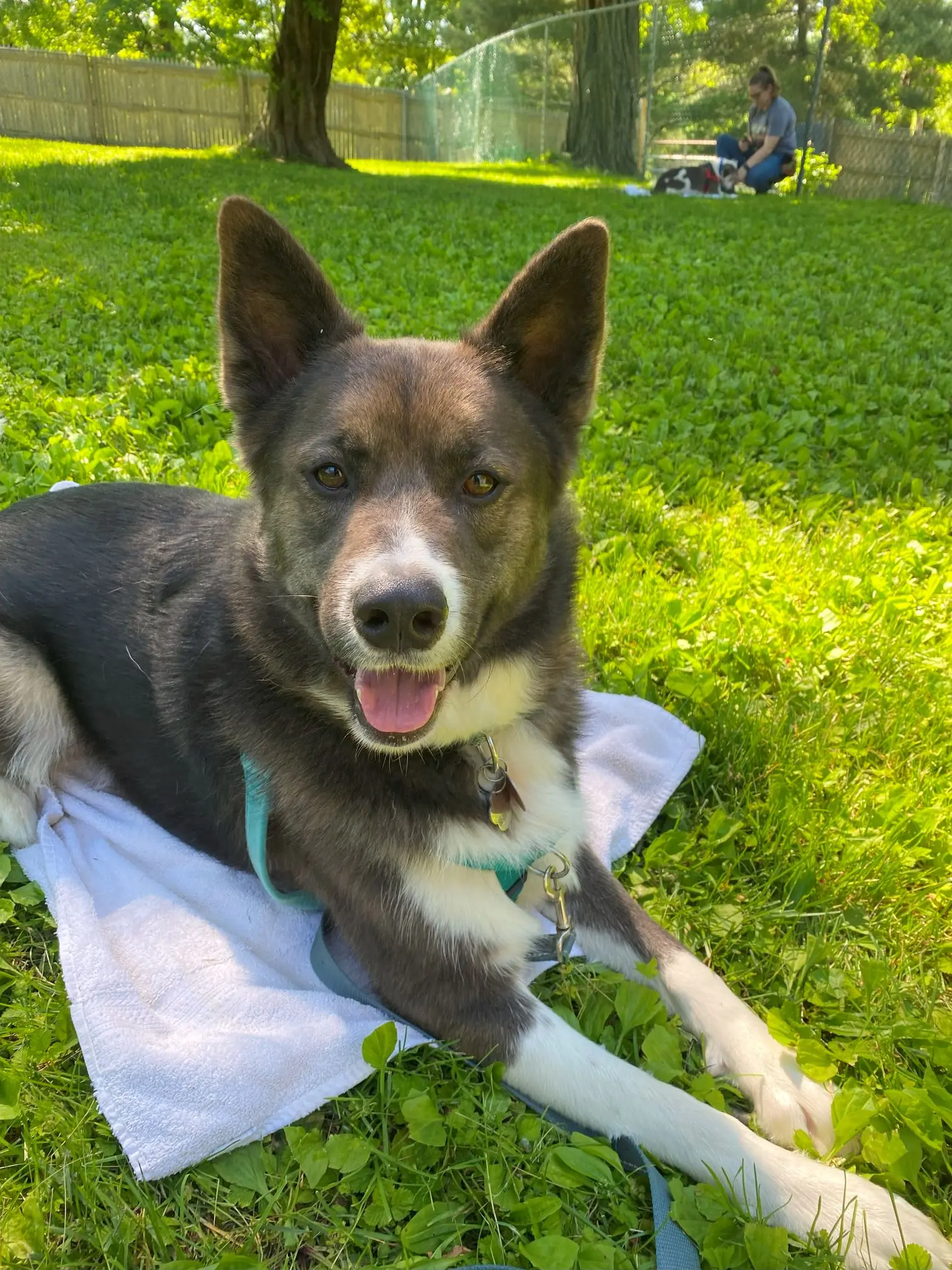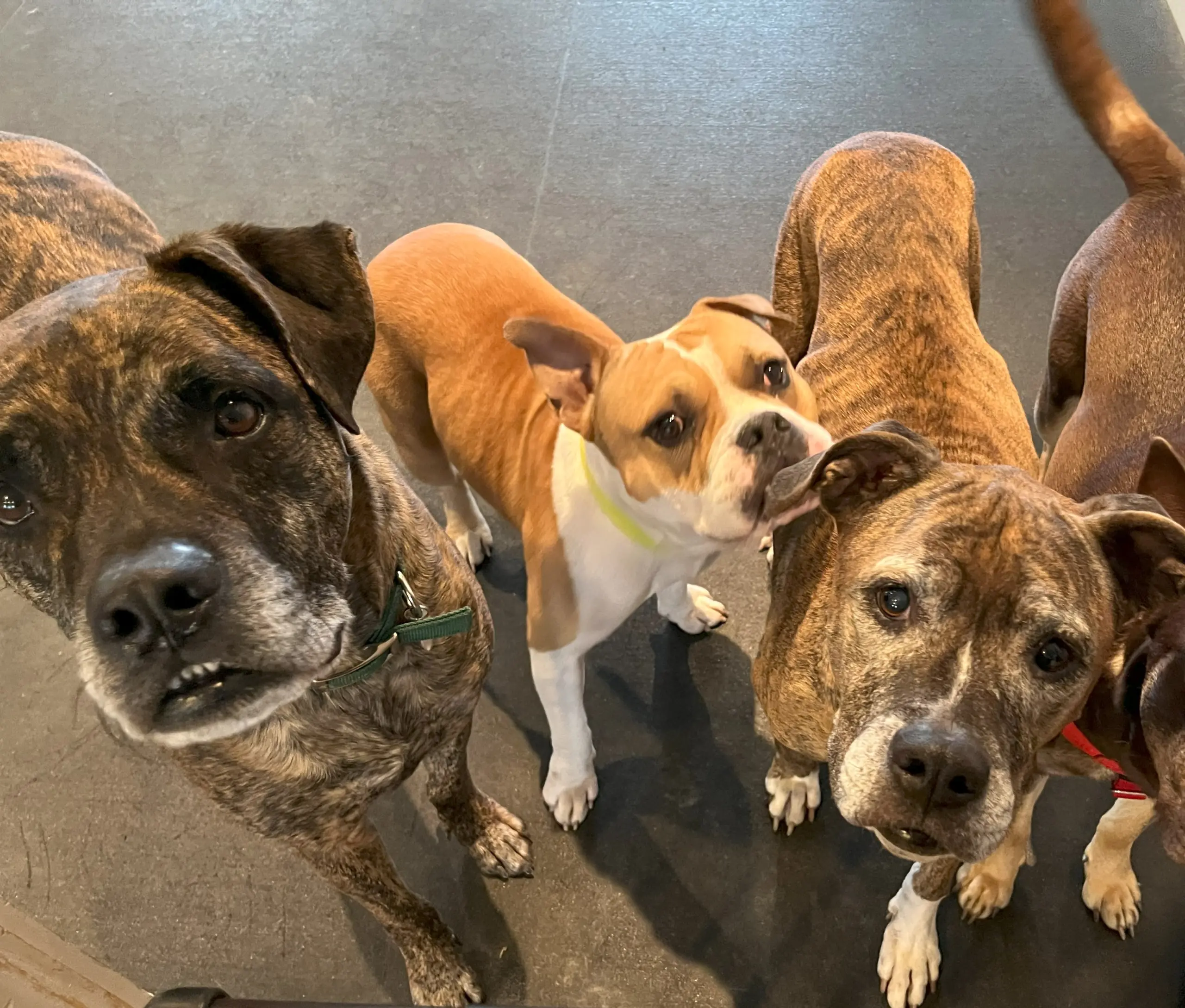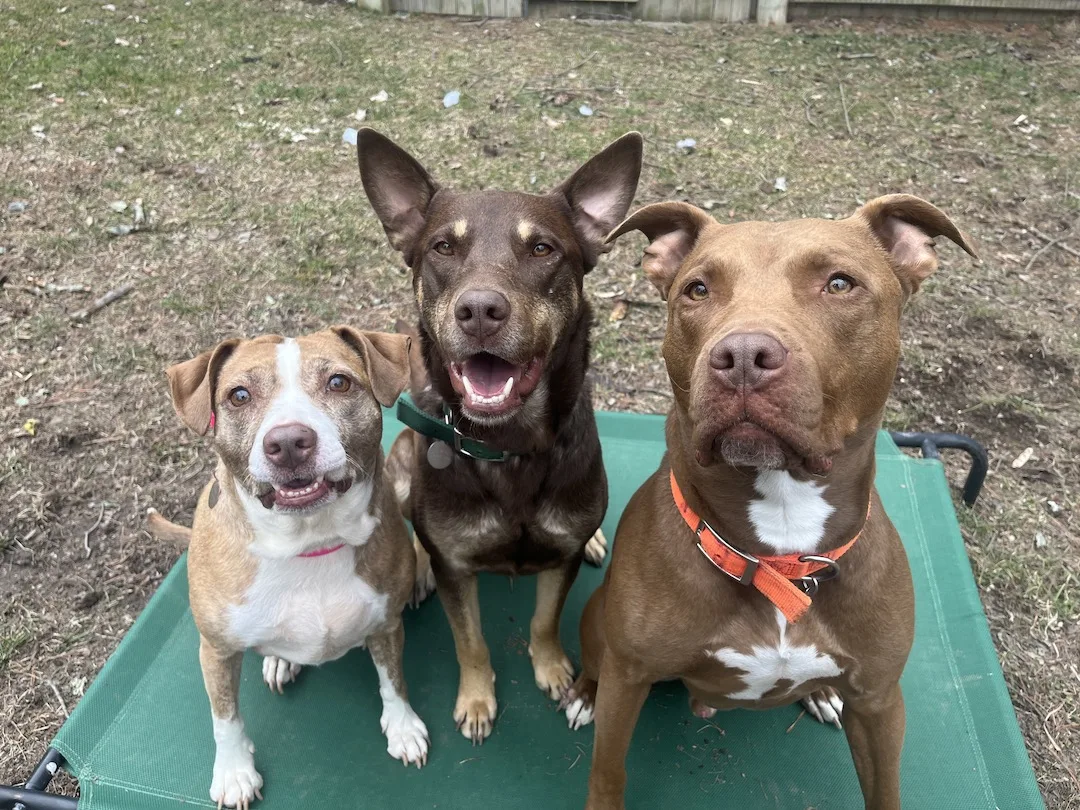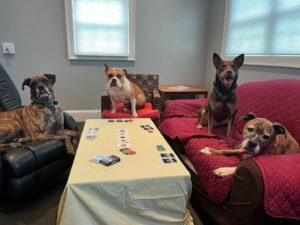You’ve heard us say “all dogs are individuals,” but we also believe that all adopters are individuals. We don’t rely on blanket policies or generalizations for our dogs or our adopters. If we did that, we’d be missing out on some really great potential adopters.

Beyond that, you want your adopters to feel welcome. You want to be approachable. You don’t want to come off as exclusive.
The first way to do that is to start off with a conversation by changing the language you use. Instead of saying “adoption application,” have people fill out an “adoption survey.” It’s a small change, but language makes a huge difference in how we relate to one another. “Application” comes off as closed and corporate. “Survey” is open and friendly.
Here’s an example:
Closed: “Do you plan on taking your dog on walks three times a day?”
Open: “What do you look forward to doing with your new dog?”
If you set out to find the “perfect” adopter, you’ll likely always be disappointed. The perfect adopter, just like the perfect person, rarely exists – if they exist at all.

Here’s a helpful question to ask yourself “With the right tools, will this person provide the right home for this dog?” If the answer is yes, then work on giving that potential adopter access to accurate, helpful information about dog care and management, so they are prepared to be responsible dog guardians.
Again, this is all about having a conversation and sharing information. It’s about working with people and building relationships to find your dogs the best homes possible.

This doesn’t mean you shouldn’t have boundaries. There are some things that you should be firm on and somethings on which you can be flexible – remember, it all depends on the specific needs of each individual dog.
Here are some examples of when to be firm:
- If a dog has a history of hurting cats, then you can decide to be firm and make “no cats” non-negotiable with adopters.
- If the adopter has a history of animal abuse or neglect, you can decide to be firm that you will not adopt an animal to them.
As far as flexibility is concerned, let’s say a dog is very energetic and has no manners. You may be tempted to assign the label: no kids or no kids under a particular age. But, do you know for sure that a dog savvy 8 year old with diligent parents isn’t a good fit? What if the parents feel they can handle the challenges presented to them and are willing to work with the dog? Consider being flexible and opening up the pool of potential adopters.
Flexibility is where the counseling part comes in. Get to know your potential adopters. You might find out that they can handle more than you think.
For more tips on opening up conversations with potential adopters, read our free ebook.







